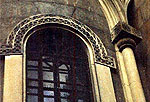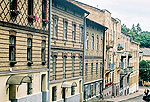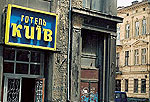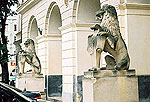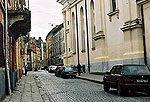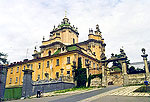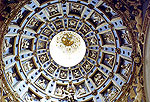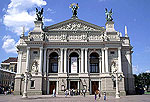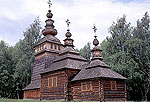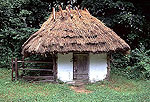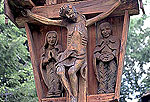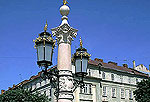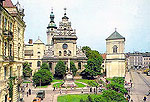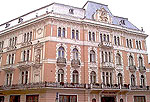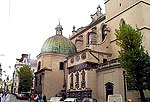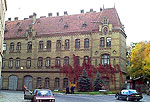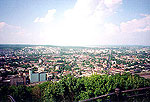|
Add URL Our Partners |
Lviv Ukraine
Lviv (Lvov in Russian) is a city in western Ukraine with 830,000 inhabitants. It is the capital city of the Lviv region and is a main cultural centre of Ukraine. Lviv was founded as a fort in the mid-13th century (first mentioned as a city in a medieval chronicle in 1256) by Prince Danylo Galytskiy, one of the most powerful princes in east-central Europe and a former principality of Kievan Rus and named after his son Leo ("Lion") Leopolis.
The city of Lviv quickly became the center of trade and commerce. Major trade roads from the Black and Baltic Sea ports, East and Western Europe led to its rapid economic development. Due to its geographical location Lviv was a meeting place of Ukrainian, Polish, Jewish and Austrian cultures. Armenians, Hungarians, Greeks, Italians, Serbs, Moldavians and many more others lived there for the duration of many centuries. All of them together had introduced wide variety of traditions, cultures, religions and a mix of architecture.
In different periods of its existence Lviv was a part of Poland, Austro-Hungarian Empire, Russian empire and USSR. Since 1991 it is a part of the independent Ukraine. Now, Lviv is a major economic and cultural center of the Western region of Ukraine.
There are a lot of places having historical, architectural and religious importance (some of them belong to the 13th century) in Lviv. There are more than 30 museums of history, ethnography, arms and art galleries. Lviv has always been a significant educational center of Eastern Europe - Ivan Franko National University, Lviv Polytechnic University and other higher educational establishments are located there.
In 1998 the historical center of Lviv was included into the "List of World Cultural and Natural Heritage of UNESCO". We can name just a few places of historical importance: Rynok ("Market") square of Renaissance style (the 16-18th century); Armenian Cathedral (the 14th century); The Latin Cathedral (the 15th century); The Boim's Chapel (the 17th century); Renaissance ensemble of the Church of the Assumption (the 16th century); The Church of Body of Christ of the Dominican Order (the 18th century); St. George Cathedral (the 19th century); Lviv Opera House (the 19th century); Stryj park (founded in 1887). A lot of ancient fortification and religious buildings are situated around Lviv - Olesko castle, Pidgirtsi castle. Not far from Lviv there are balneology centers in Truskavets, Morshyn and Skhidnytsia, ski-centers in Slavsko and Tysovets.
Lviv Photo Gallery
| Click on image to enlarge |

|
Kiev Travel Guide7320 N Dreamy Draw DrivePhoenix, Arizona 85020 (602) 553-8178 FAX (602) 468-1119 Contact Us |
|
|
||
